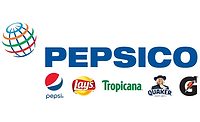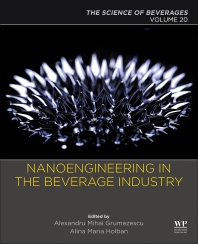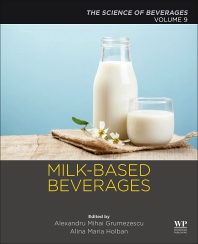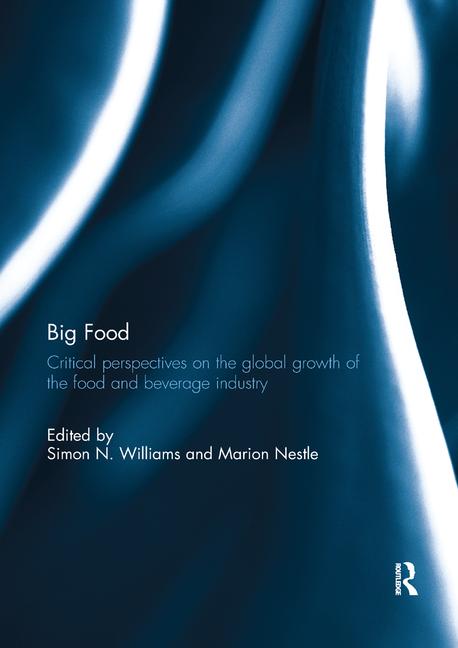MillerCoors details sustainability initiatives in report
MillerCoors, Chicago,
reduced waste sent to landfills by 20 percent, reduced total energy consumption
by 3.6 percent and lowered greenhouse gas emissions by 1.2 percent in 2009,
according to the company’s 2010 Sustainable Development report.
The company originally planned to reach a goal of reducing waste sent to landfills by 20 percent in 2015, but its “Great Beer, Great Responsibility” report shows that it reached that plateau five years early. The report gauges MillerCoors’ progress in five areas: alcohol responsibility, environmental sustainability, sustainable supply chain, people and communities, and ethics and transparency.
“We recognize that sustainable development requires a sustained commitment, and we’re working to further improve our performance for generations to come,” said Cornell Boggs, MillerCoors’ chief responsibility and ethics officer, in a statement.
Secondary packaging materials were reduced by about 11 million pounds in the company’s Coors Light and Coors Banquet brands.
At MillerCoors’ Ft. Worth, Texas, brewery, it reduced its ratio of water used to produce beer to 3.4 barrels of water for each barrel of beer. It also sponsored its first Water Stewardship Month, a volunteer initiative that featured employees working toward watershed protection and improvement.
In the company’s Elkton, Va.-based brewery, MillerCoors installed membrane bioreactor technology and began engineering to reuse biogas from its anaerobic wastewater treatment system to generate electrical power. MillerCoors also achieved zero waste at its Trenton, Ohio, and Elkton, Va., breweries.
The company originally planned to reach a goal of reducing waste sent to landfills by 20 percent in 2015, but its “Great Beer, Great Responsibility” report shows that it reached that plateau five years early. The report gauges MillerCoors’ progress in five areas: alcohol responsibility, environmental sustainability, sustainable supply chain, people and communities, and ethics and transparency.
“We recognize that sustainable development requires a sustained commitment, and we’re working to further improve our performance for generations to come,” said Cornell Boggs, MillerCoors’ chief responsibility and ethics officer, in a statement.
Secondary packaging materials were reduced by about 11 million pounds in the company’s Coors Light and Coors Banquet brands.
At MillerCoors’ Ft. Worth, Texas, brewery, it reduced its ratio of water used to produce beer to 3.4 barrels of water for each barrel of beer. It also sponsored its first Water Stewardship Month, a volunteer initiative that featured employees working toward watershed protection and improvement.
In the company’s Elkton, Va.-based brewery, MillerCoors installed membrane bioreactor technology and began engineering to reuse biogas from its anaerobic wastewater treatment system to generate electrical power. MillerCoors also achieved zero waste at its Trenton, Ohio, and Elkton, Va., breweries.
Looking for a reprint of this article?
From high-res PDFs to custom plaques, order your copy today!







